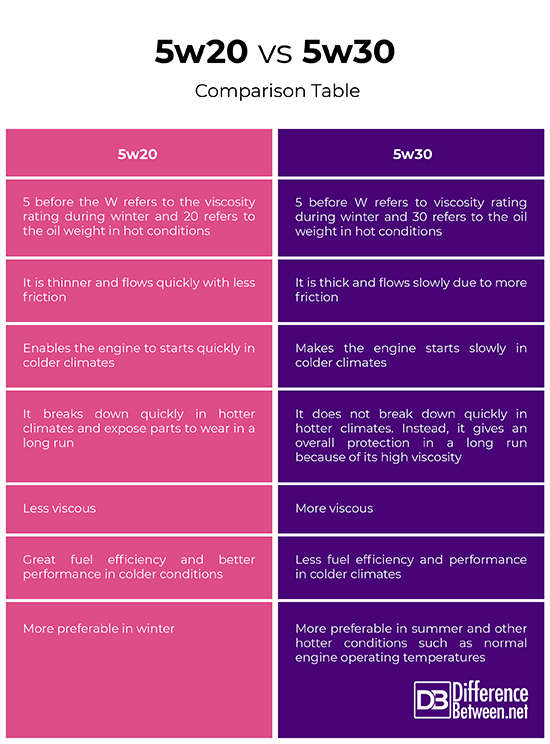When to Use Synthetic Engine Oil? If you own a vehicle that regularly operates in harsh conditions—such as dusty roads, off-road trails, race track driving, heavy-duty towing, extreme summer heat, or extreme winter cold—then you might want to consider using synthetic oil even if it’s not required by the manufacturer. Synthetic engine oil offers numerous benefits over conventional oil, especially in challenging driving conditions. In this article, we will discuss when to use synthetic engine oil and the advantages it provides. What is Synthetic Engine Oil? Synthetic engine oil is manufactured using a complex process that involves chemically modifying petroleum molecules. This process removes impurities and allows the oil to have a more consistent and predictable molecular structure compared to conventional oil. As a result, synthetic oil offers superior lubrication, enhanced protection against engine wear, and increased resistance to extreme temperatures. When Should You Put Synthetic Oil in Your Car? While synthetic oil is not always necessary for every vehicle, there are certain scenarios where using synthetic oil is highly recommended. Here are some situations where you should consider using synthetic engine oil:
1. Harsh Driving Conditions:
If your vehicle regularly operates in harsh conditions such as dusty roads, off-road trails, or extreme temperatures, synthetic oil can provide better protection and lubrication compared to conventional oil. Synthetic oil has a higher resistance to breakdown under extreme heat and cold, ensuring optimal engine performance and longevity.
2. High-Performance Vehicles:
If you own a high-performance vehicle or a sports car, using synthetic oil is essential. High-performance engines generate more heat and put more stress on the engine components. Synthetic oil can handle higher temperatures and provides better protection against engine wear, ensuring optimal performance and longevity.
3. Towing and Hauling:
If you frequently tow heavy loads or haul heavy materials, synthetic oil is highly recommended. Towing and hauling put additional strain on the engine, leading to increased heat and wear. Synthetic oil can withstand these harsh conditions and provide better protection against engine damage.
4. Extreme Temperature Conditions:
If you live in an area with very cold winters or very hot summers, synthetic oil is beneficial. Synthetic oil flows more smoothly at low temperatures, ensuring easy engine startup in cold weather. It also maintains its viscosity better at high temperatures, providing optimal lubrication and protection.
5. Older Engines:
If you have an older engine that is prone to sludge buildup, using synthetic oil can help prevent sludge formation. Synthetic oil has a cleaner formulation compared to conventional oil, reducing the risk of engine deposits and improving overall engine cleanliness.
Benefits of Synthetic Engine Oil Using synthetic engine oil offers several advantages over conventional oil. Here are some key benefits of synthetic oil:
1. Improved Engine Protection:
Synthetic oil provides better protection against engine wear, reducing friction and minimizing the risk of engine damage. It forms a protective film on engine parts, ensuring smooth operation and extending engine life.
2. Enhanced Fuel Efficiency:
Synthetic oil has lower viscosity, which means it flows more easily through the engine, reducing friction and improving fuel efficiency. Using synthetic oil can lead to better gas mileage and cost savings in the long run.
3. Longer Oil Change Intervals:
Synthetic oil typically lasts longer than conventional oil, allowing for extended oil change intervals. While the specific interval depends on the vehicle and driving conditions, synthetic oil generally requires less frequent oil changes, saving time and money.
4. Improved Cold-Weather Performance:
Synthetic oil flows more smoothly at low temperatures, ensuring easy engine startup in cold weather. It provides better protection against engine wear during cold starts, reducing engine stress and improving overall performance.
5. Resistance to Oxidation and Thermal Breakdown:
Synthetic oil has a higher resistance to oxidation and thermal breakdown compared to conventional oil. This means it maintains its lubricating properties and viscosity over a longer period, even under extreme temperature conditions.
Conclusion
In conclusion, using synthetic engine oil is highly recommended in certain situations. If your vehicle regularly operates in harsh conditions, such as extreme temperatures, dusty roads, or off-road trails, synthetic oil can provide better protection and lubrication. It is also beneficial for high-performance vehicles, towing and hauling, and older engines prone to sludge buildup. Synthetic oil offers improved engine protection, enhanced fuel efficiency, longer oil change intervals, and better cold-weather performance. Consider using synthetic oil for optimal engine performance and longevity.
Read More: Synthetic Oil Debate: Essential Engine Protection Facts!


